This autumn break, our CBSE Grade 6 to 8 students embarked on an unforgettable educational journey to Nagpur that went far beyond the confines of traditional classroom learning. The carefully curated expedition successfully blended adventure, hands-on learning, and nature exploration, creating a rich tapestry of experiences that enhanced students’ understanding of wildlife conservation, environmental sustainability, and cultural heritage. By stepping outside their familiar academic environment, these young learners were exposed to real-world contexts that brought their textbook knowledge to life, allowing them to witness firsthand the concepts they had studied in subjects like environmental science, biology, and social studies. This immersive approach to education proved invaluable in deepening their comprehension of complex ecological systems and fostering a genuine connection with the natural world that no amount of classroom instruction could replicate.
The trip commenced with an awe-inspiring Tiger Safari at Pench National Park, one of India’s most renowned wildlife reserves, where students gained profound insights into wildlife biology and conservation ecology. The thrilling glimpse of the majestic tiger in its natural habitat, along with observations of other animals and birds, transformed abstract concepts about biodiversity and habitat preservation into tangible, memorable experiences. This safari experience offered far more than mere excitement; it provided valuable lessons about wildlife conservation, the delicate balance of forest ecosystems, and the interdependence of species within their natural environments. Students learned to observe animal behavior patterns, understand territorial markers, and recognize the critical importance of protected reserves in maintaining biodiversity. Such experiential learning significantly enhanced their knowledge of ecological principles while simultaneously teaching them the life skill of patient observation and the ability to appreciate nature’s complexity. The experience also instilled a sense of environmental stewardship, helping students understand their role as future custodians of our planet’s precious natural resources.
During their stay, students were hosted at a forest-themed resort that served as an extended classroom for sustainable living practices. The resort’s creative design, featuring cave-style rooms, tree houses, and eco-friendly architecture, immersed students in an environment that harmonized human habitation with nature. This unique accommodation taught them practical lessons about sustainable tourism, green building practices, and the possibility of modern comfort coexisting with environmental responsibility. Living in such surroundings deepened their appreciation for sustainable living and sparked meaningful discussions about reducing carbon footprints, utilizing local materials, and respecting natural landscapes. These experiences developed critical thinking skills as students began questioning conventional building practices and exploring alternative, environmentally conscious solutions. The resort stay also fostered adaptability and openness to new experiences—essential life skills that help young people thrive in diverse situations throughout their personal and professional lives.
The following day immersed students in creativity and cultural exploration through an engaging pottery-making workshop, where art became a medium for developing patience, focus, and fine motor skills. As students molded clay into beautiful pots and decorative pieces, they learned valuable lessons about the iterative creative process, understanding that mastery requires practice, mistakes are part of learning, and perseverance leads to accomplishment. Each creation became not just a cherished keepsake but also a tangible reminder of their artistic expression and the patience required to transform raw materials into finished products. This hands-on cultural activity enhanced their understanding of traditional Indian craftsmanship and the historical significance of pottery in human civilization. Beyond the artistic knowledge gained, the workshop taught important life skills including hand-eye coordination, attention to detail, and the satisfaction of creating something with their own hands in an increasingly digital world. Such activities build confidence, encourage creative problem-solving, and help students discover hidden talents and interests they might not encounter in conventional academic settings.
On the final day, the young explorers visited the Nagpur Zoo Safari, where learning met excitement in a carefully guided educational experience that consolidated their understanding of wildlife biology and ecological relationships. The guided tour enriched their knowledge significantly as they observed tigers, spiders, and birds up close, with expert commentary providing context about species characteristics, behavioral patterns, and conservation status. A peaceful boating session on the lake offered moments of reflection and appreciation for aquatic ecosystems, while the guide introduced them to fascinating details about the intricate weaving process of spiders, brilliantly illustrating how every element of nature plays a vital role in maintaining ecological balance. These experiences taught students the importance of keen observation, active listening, and asking informed questions—critical life skills applicable across all areas of learning and personal development. The journey concluded on a joyful note with a delightful dinner and DJ night, where laughter, dance, and shared memories reinforced the social bonds formed during the trip, teaching them about teamwork, social interaction, and the importance of celebrating collective experiences. This tour wasn’t just a trip; rather, it was a holistic educational experience that fostered curiosity, environmental awareness, creative expression, and collaborative skills—equipping our students with both knowledge and life competencies that will serve them well beyond their school years.


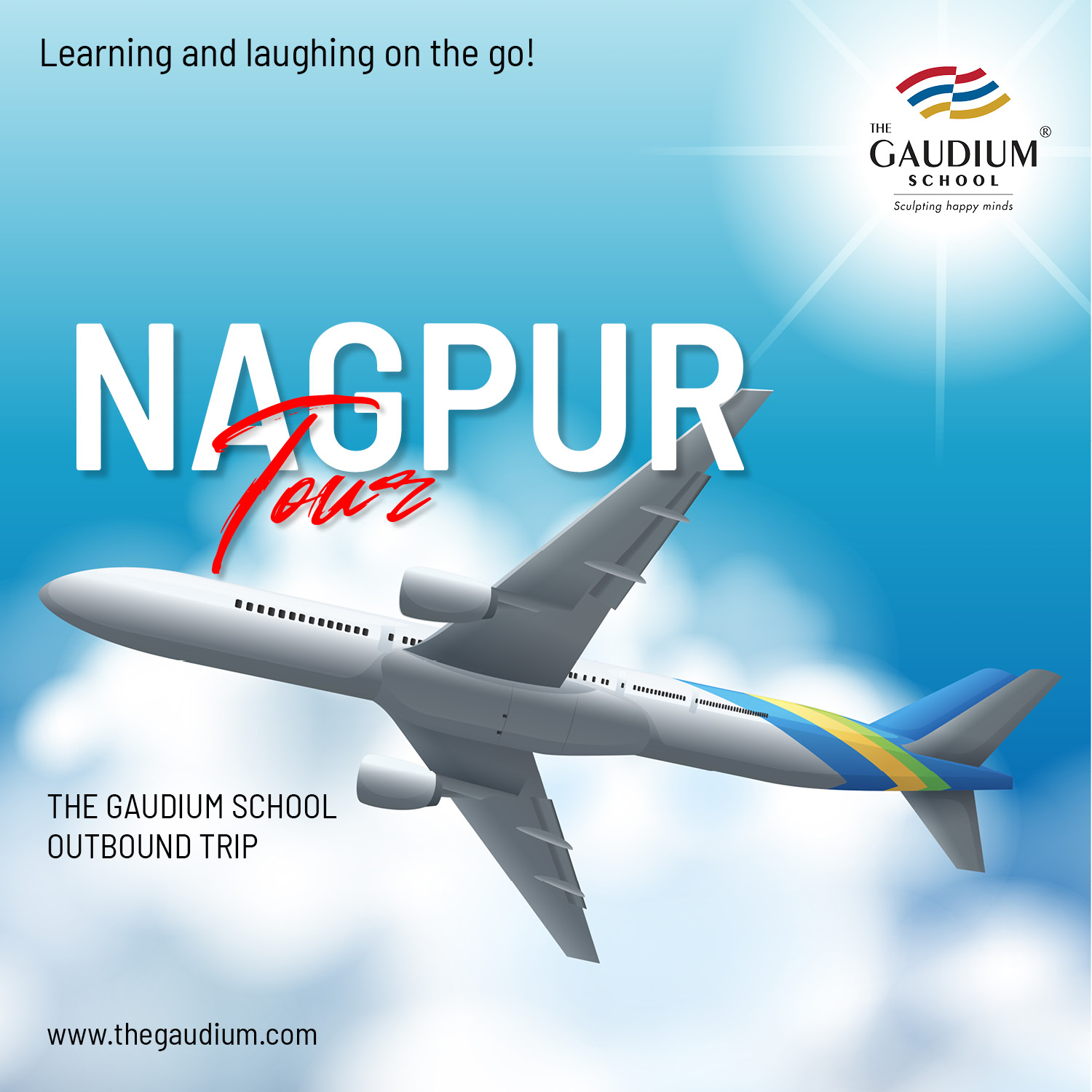

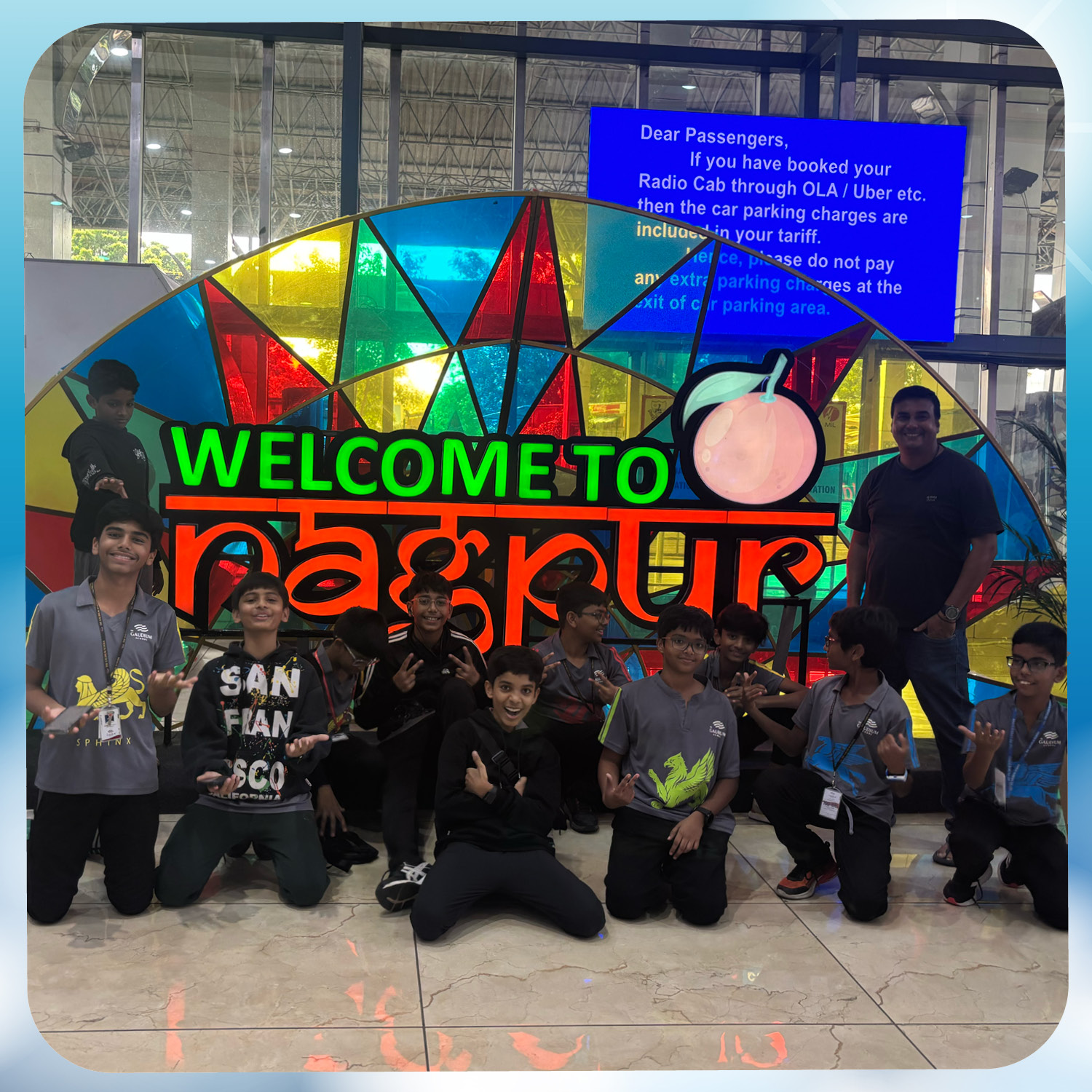
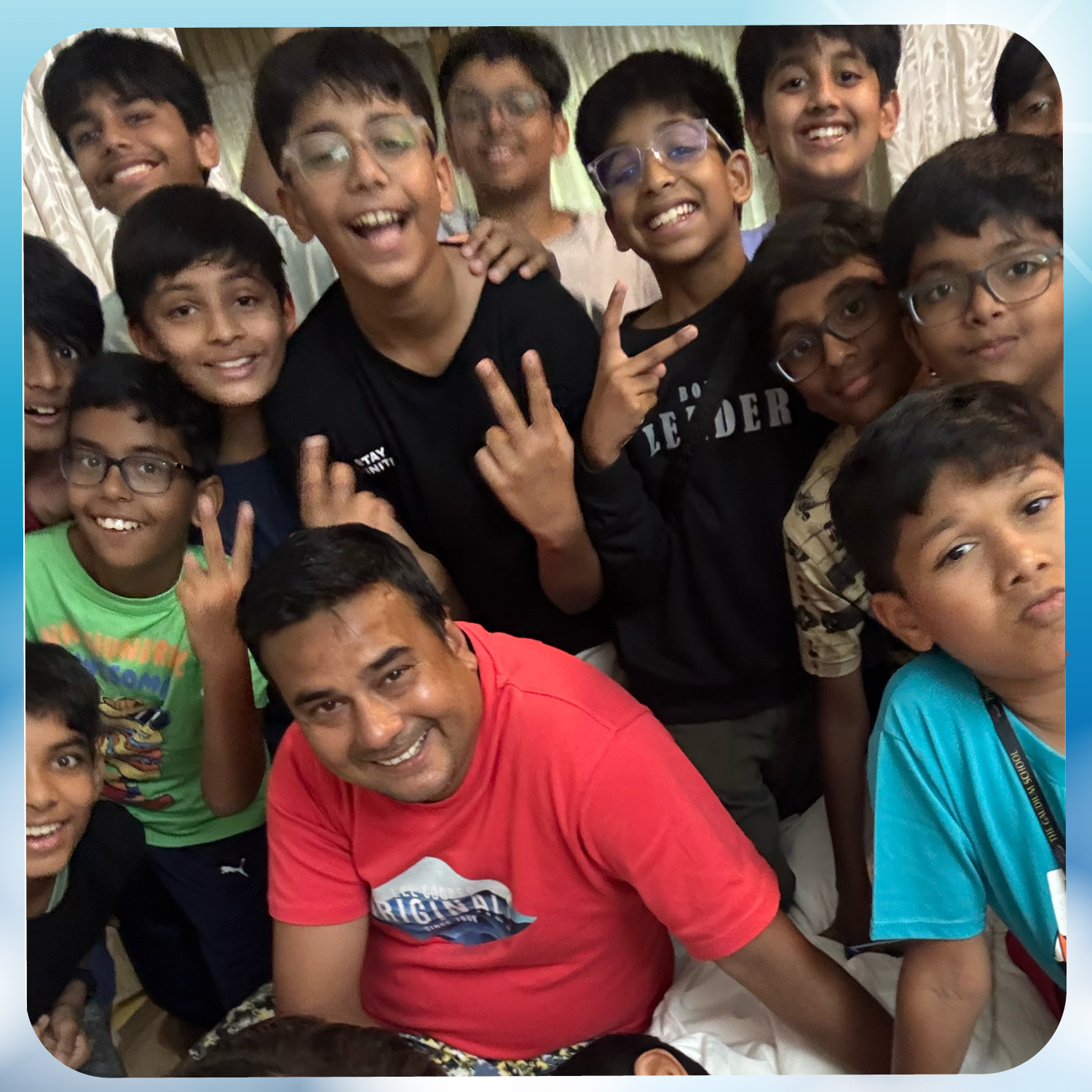

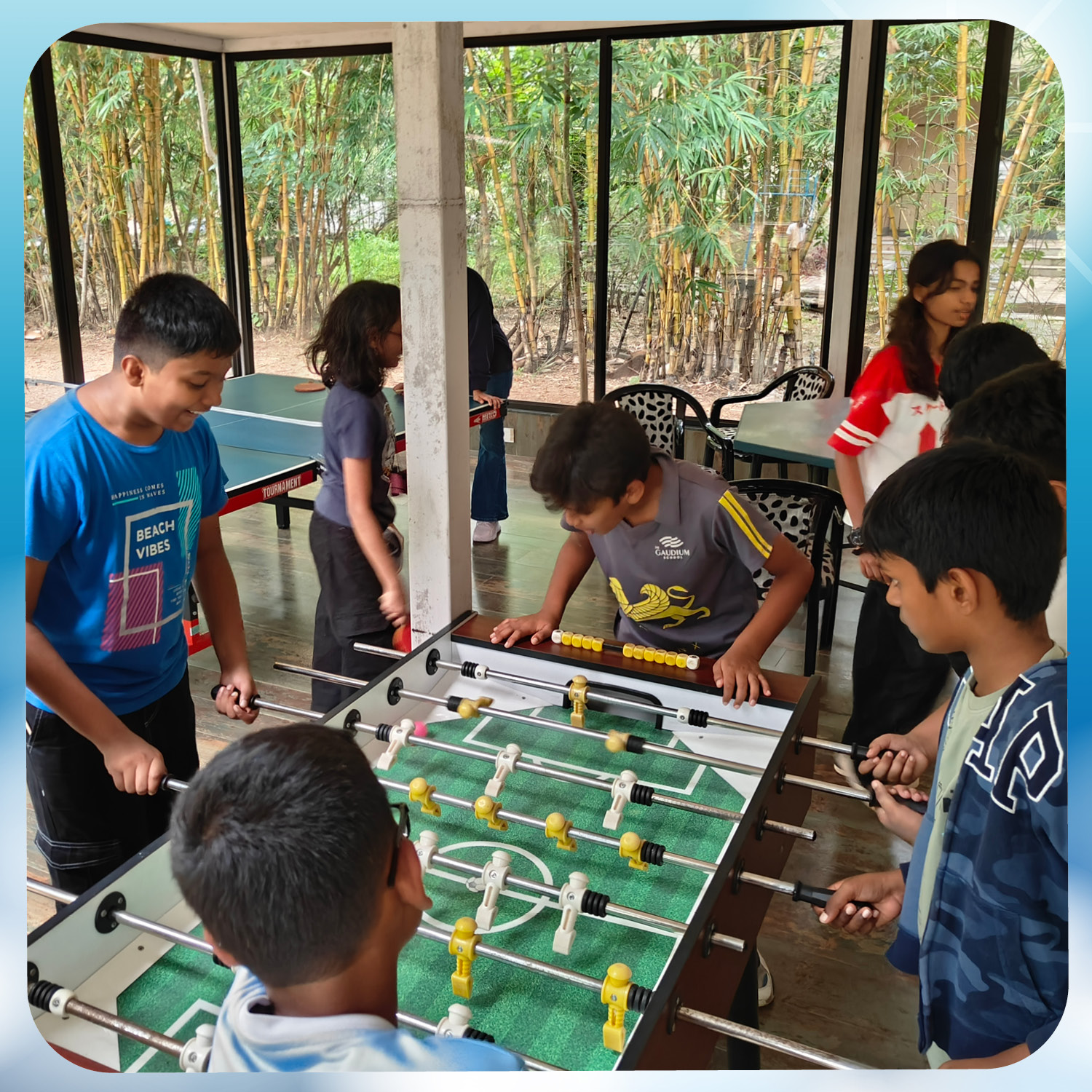
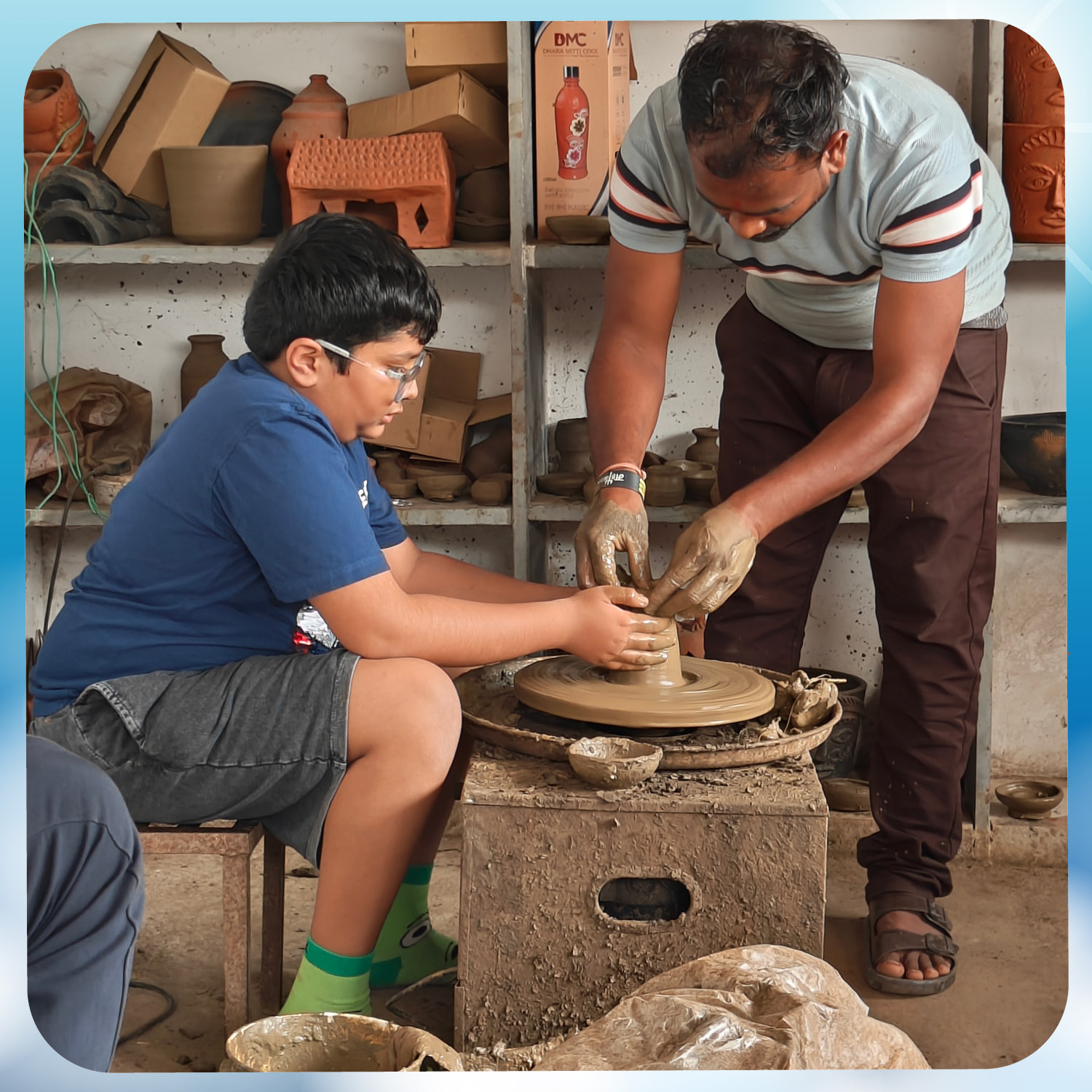
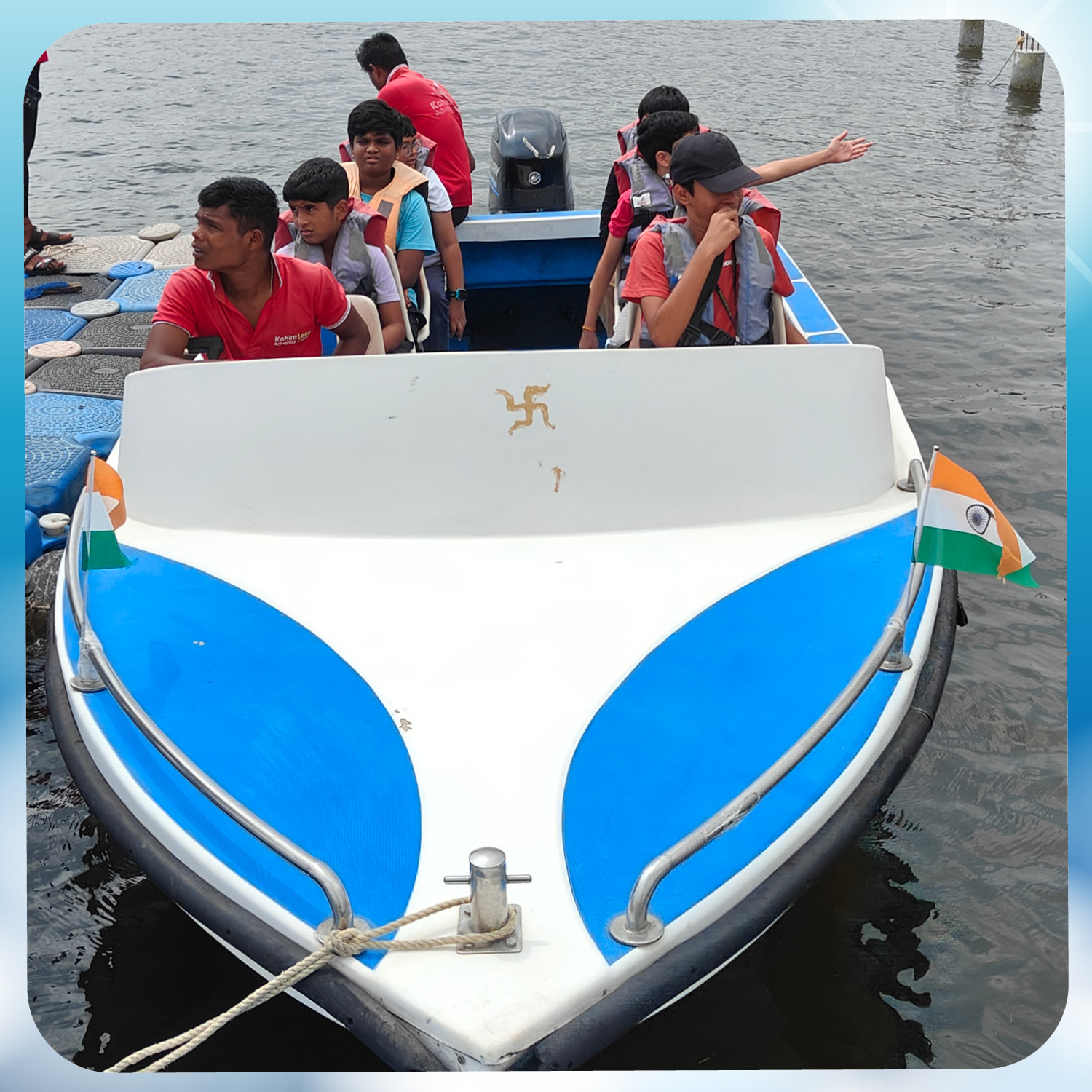







Leave A Comment